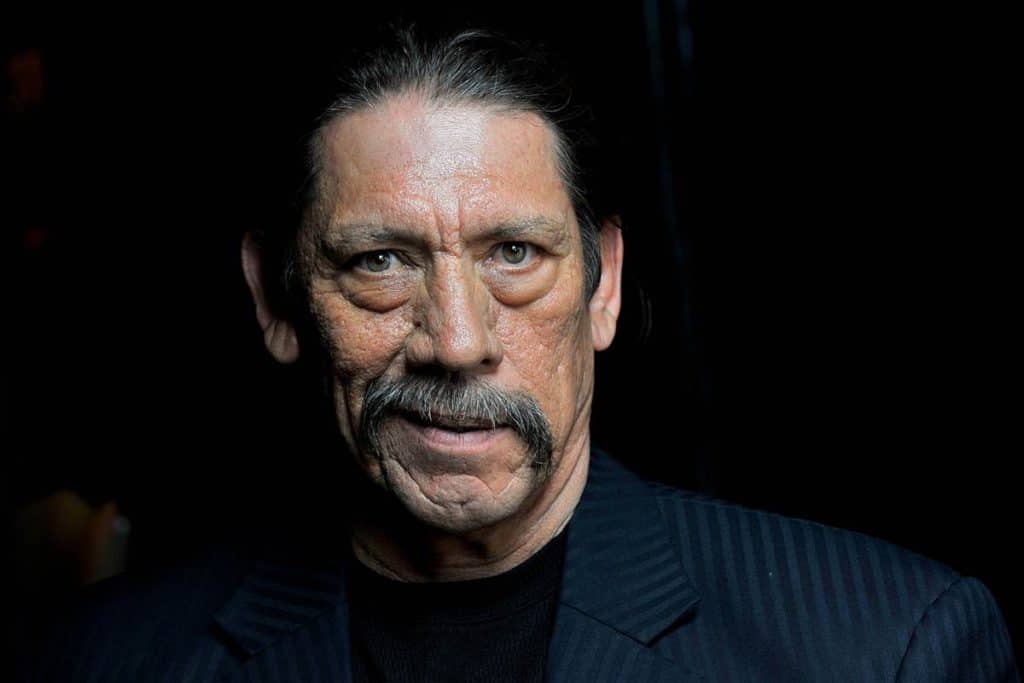The Council on Recovery is excited to welcome Danny Trejo as the keynote speaker for our 37th Annual Spring Luncheon on Thursday, April 21, 2022. Danny Trejo is an actor, activist, author and restauranteur, best known for his starring roles in the Spy Kids, From Dusk Till Dawn, and Machete film series, as well as recurring roles in the television series Breaking Bad, King of the Hill, and Sons of Anarchy. He most recently appeared in the popular Star Wars series, The Book of Boba Fett.

Trejo struggled with addiction at as early as 12 years old, found sobriety through attending 12-step meetings while in prison, and has been sober for more than five decades. He chronicled his harrowing and inspiring story in his critically acclaimed 2021 memoir Trejo: My Life of Crime, Redemption, & Hollywood.
Since its inception 40 years ago, The Council’s speaker series has promoted a message of hope and healing, and helped to reduce the shame and stigma of substance use and related disorders in the Houston community and beyond. The Council provides treatment and recovery support to individuals affected by substance use and other co-occurring mental health conditions, regardless of their ability to pay. Funds raised through our annual luncheons ensure that no family in need is ever turned away.
To reserve your table today, visit our speaker series website. Individual tickets will be sold at a later date.
